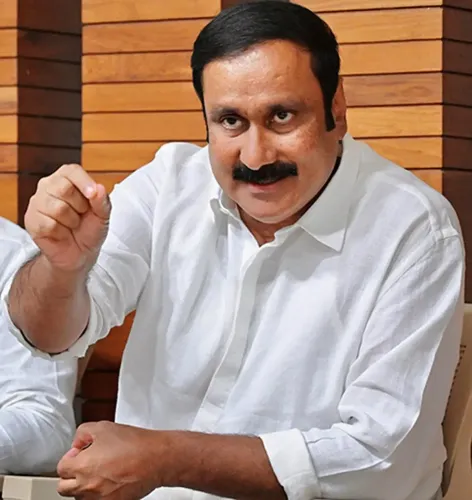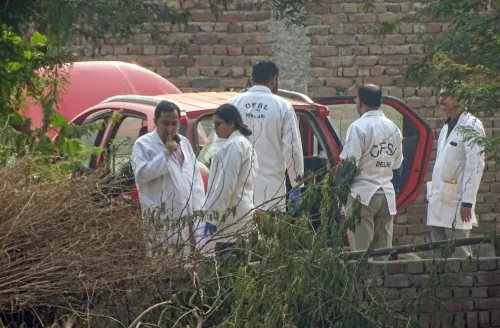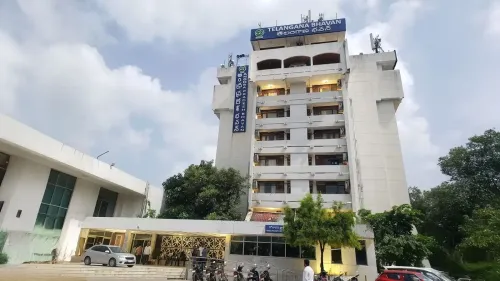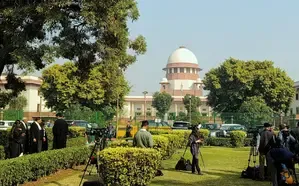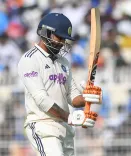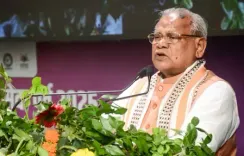What Are the Lesser-Known Aspects of Bal Thackeray's Legacy?
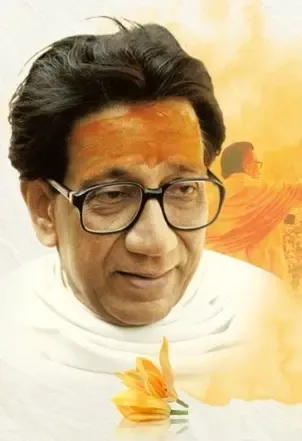
Synopsis
Key Takeaways
- Balasaheb Thackeray was a pivotal figure in Maharashtra's political history.
- The Shiv Sena was founded to protect local interests and advocate for Marathi identity.
- Thackeray's influence reshaped the region's political dynamics.
- His speeches attracted massive crowds and demonstrated his strong leadership.
- Thackeray's legacy continues to evoke strong sentiments in contemporary politics.
New Delhi, Nov 17 (NationPress) On this day commemorating Balasaheb Thackeray’s death, leaders from various political backgrounds came together to honor one of Maharashtra's most significant figures. The impact and legacy of the Hindu Hriday Samrat in molding the state's political and social landscape were widely acknowledged.
Thackeray was celebrated for his compelling leadership and fervent nationalism. An influential Indian journalist, political strategist, and founder of the Shiv Sena, he established a party that championed the Marathi identity and promoted pro-Hindu policies across India. Under his guidance, the Shiv Sena emerged as a powerful political entity in Maharashtra, shaping the region's political dynamics for many years.
Thackeray's career began in the early 1950s as a cartoonist for the Free Press Journal in Mumbai (previously known as Bombay). His artwork also appeared in the Japanese newspaper Asahi Shimbun and in the Sunday edition of The New York Times.
As the 1960s progressed, he became deeply engaged in local politics, building a robust following through Marmik, a weekly Marathi-language publication he co-founded with his brother. The magazine frequently critiqued the increasing presence of 'outsiders,' particularly immigrants from southern India and Gujarat, whom he believed were encroaching on local job opportunities.
In 1966, Thackeray launched the Shiv Sena to advocate for “Maharashtra for Maharashtrians,” focusing on safeguarding local jobs and interests. Although he never held an official government position or ran for elections, many regarded him as one of Maharashtra's most formidable leaders. He was often referred to as the “godfather of Maharashtra,” while his loyal supporters called him the Hindu Hriday Samrat.
Under Thackeray’s direction, the party pushed for the cessation of India's constitutional secularism in favor of designating Hinduism as the nation's official religion. His influence was particularly visible when the Shiv Sena ascended to power in the 1990s, leading to the renaming of Bombay to Mumbai, a reference to the goddess Mumbadevi—traditionally recognized in Marathi.
Thackeray's yearly speeches at Shivaji Park in Mumbai drew enormous crowds and became key events for his followers. He passed away on November 17, 2012, from cardiac arrest.
He often stated that the Shiv Sena was more than just a political party; it was the “army of Chhatrapati Shivaji Maharaj.”
On this anniversary, numerous political figures, including Maharashtra Deputy Chief Minister Eknath Shinde and Nationalist Congress Party MP Supriya Sule, paid their respects on X.
Eknath Shinde expressed: “Saheb, your thoughts and memories will forever reside in our hearts. Emotional tributes to the esteemed #HinduHrudaySamrat #ShivSenaPramukh #Balasaheb_Thackeray on this death anniversary.”
Supriya Sule remarked: “Today marks the death anniversary of Maharashtra's beloved leader, Shiv Sena chief Balasaheb Thackeray. My humble tributes to his memory on this occasion.”

